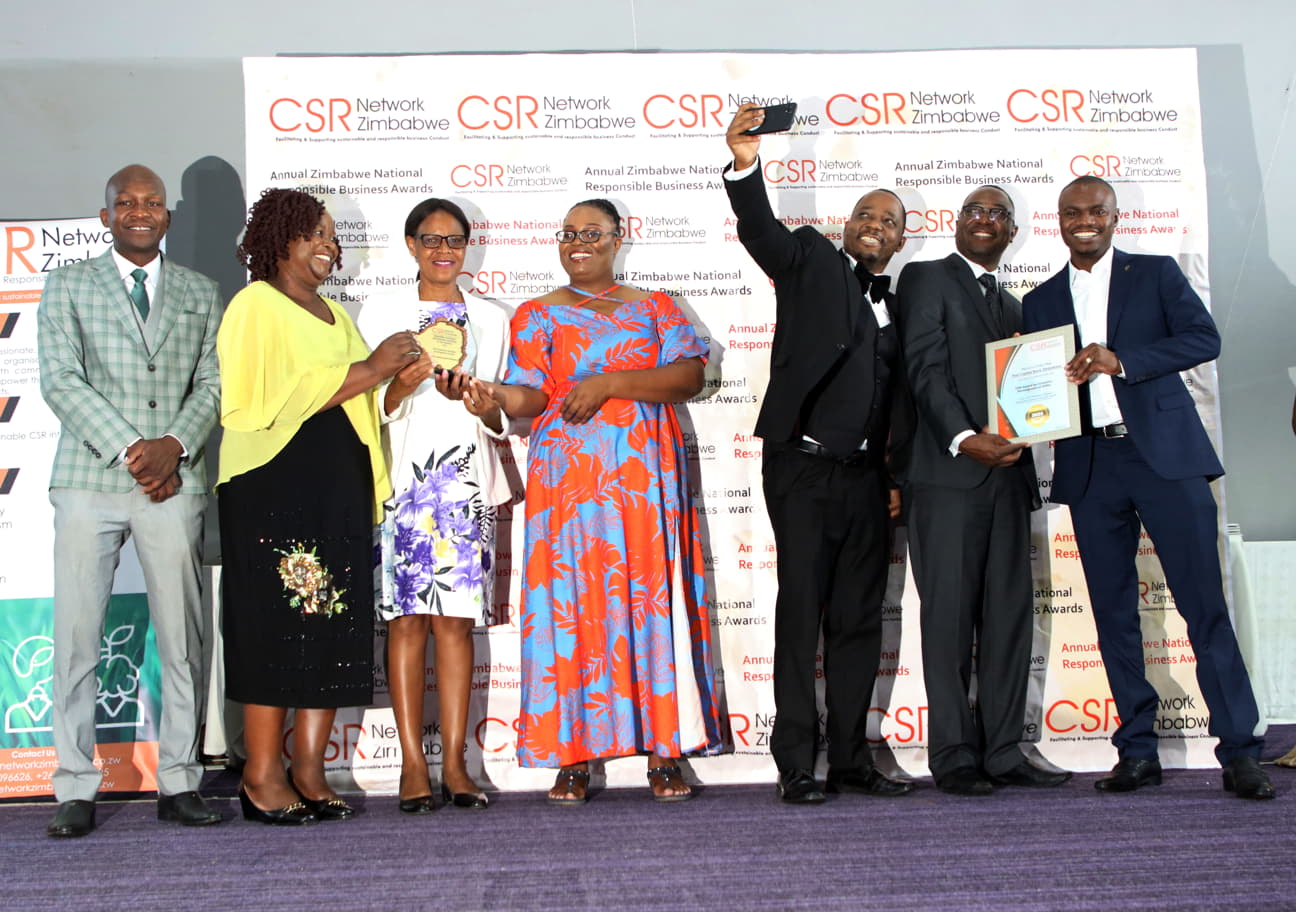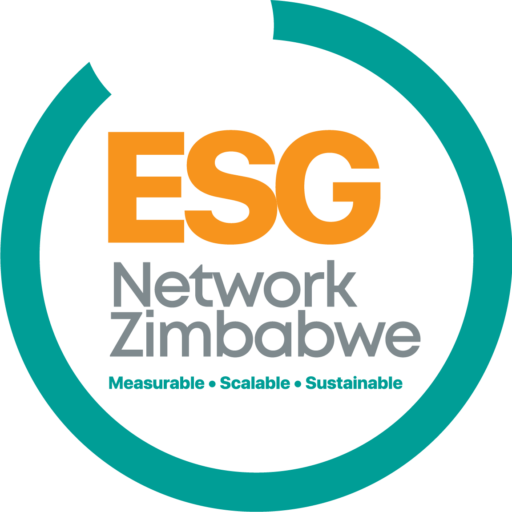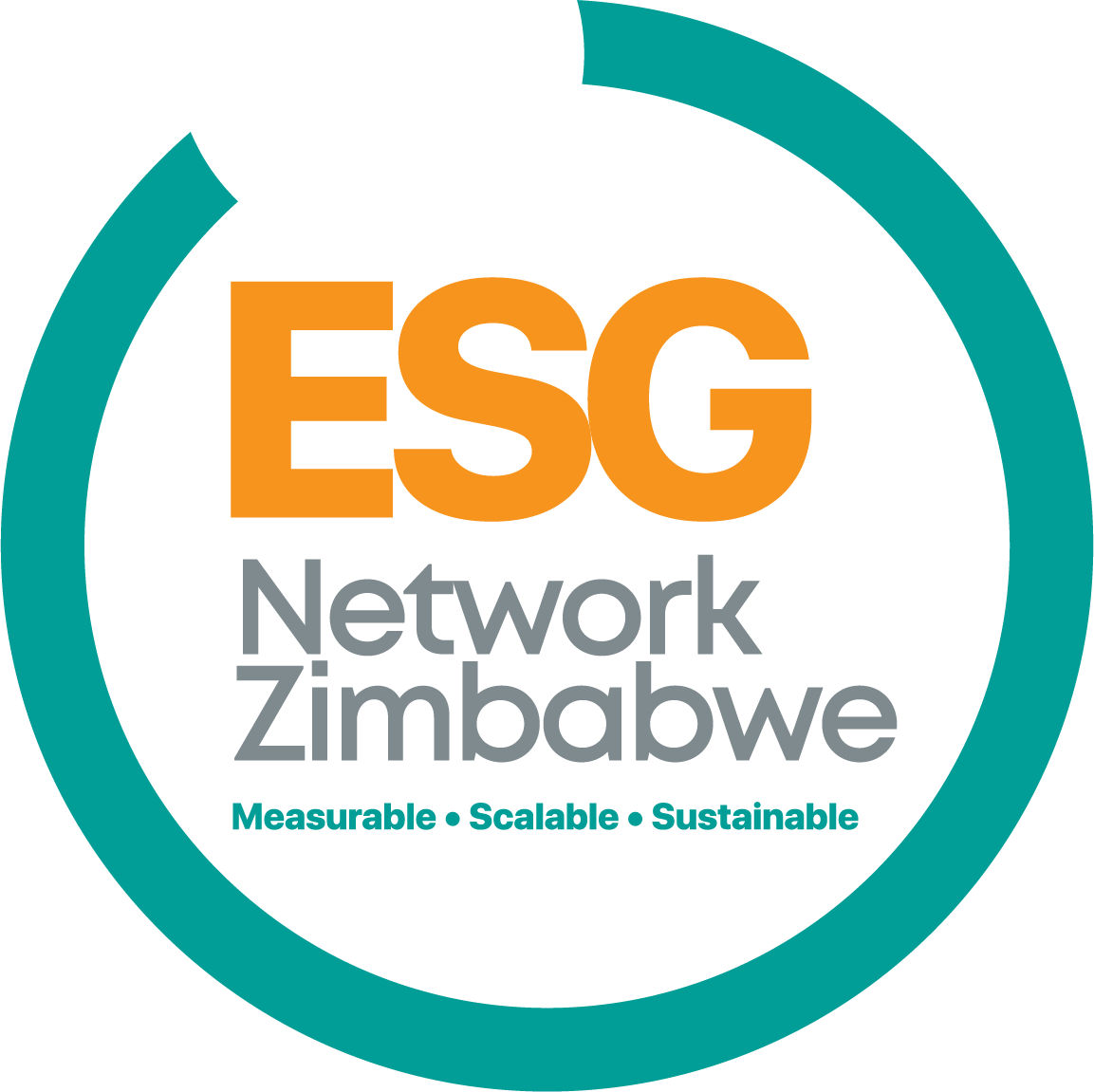
- This event has passed.
7th Annual National Responsible Business & CSR Awards
November 24, 2023 @ 6:00 pm - 10:00 pm

General Submission Criteria
All companies entering any of the categories should carefully read the following:
- We accept, and encourage, self-nominations and also accept nominations for companies/individuals
- from 3rd parties.
- All companies nominated will be required to complete a category specific submission in order to be
- considered by our judging panel.
- Submissions should not exceed 1000 words per category.
- Please consider the following headings within your submission:
-
- Strategy
- Delivery
- Innovation
- Research & Development
- Results, Cultural Change
- Please include one Stand Out Statistic
-
- Submissions should be category-specific, you should not use the same entry for multiple categories.
- In your submissions, you must provide a clear illustration of how the company’s
- sustainability strategy is upheld throughout their core business activities.
- Your submission should also include results and metrics that demonstrate the long-term commitment to sustainable business transformation.
Winners will be announced at the awards ceremony taking place on 24 November 2023 at Harare International Conference Centre at the Rainbow Towers Hotel.
From the approved entries submitted, the ESGNZ judging panel will review each nomination and score them accordingly based on the category description.
ESG Awards Judging metrics
Environmental metrics
These metrics are used to evaluate a company’s impact on the environment and its efforts to lessen or to mitigate the impacts. They often are quantitative and lend themselves to direct comparison across different organizations. The following are some examples:
- Greenhouse gas emissions. This measures the amount of greenhouse gases, such as carbon dioxide, that a company emits into the atmosphere. Greenhouse gas emissions are a significant contributor to climate change, and companies that emit large amounts face potential regulatory, reputational and financial risks.
- Energy usage. The amount of energy a company uses to produce goods and services, and run other operations is another common ESG metric. Companies that use renewable energy sources, such as solar or wind, might have a lower environmental impact than those that rely on fossil fuels. Analyzing data on energy consumption can also highlight opportunities to increase energy efficiency.
- Water usage. Similarly, a company should be able to accurately measure the amount of water used in its operations. Water is an increasingly limited natural resource in many areas, and companies that use large amounts of it can face reputational and financial risks if they don’t take steps to reduce their usage levels.
Social metrics
How can we measure a company’s performance on the Social Factors of ESG. Social metrics are often qualitative and can be subjective. Examples include the following:
- Labor practices. ESG metrics can be used to evaluate how a company treats its employees, as well as workers in its supply chains. The labor practices that are tracked can include issues such as fair wages and safe working conditions, which have a certain quantitative component. Other considerations, such as nondiscrimination policies, are more subjective.
- DEI. How diverse is your workforce, and how inclusive is the workplace? These metrics are not only about reputation and regulations. Studies have shown that companies with a diverse workforce may be better positioned to understand and meet the needs of a diverse customer base.
- Community engagement. This measures how a company engages with the communities in which it operates. Community engagement can include things such as philanthropy, volunteerism and CSR programs.
Governance metrics
These metrics measure how well a company is managed, as well as its internal controls and corporate policies. Governance metrics can be quantitative and compared across different organizations. These are some examples:
- Board diversity. How diverse is a company’s board of directors? Board diversity can include issues such as gender, race, ethnicity and age.
- Executive compensation. This measures how much a company’s top executives are paid. Executive compensation can be an indication of how well a company is managed and whether its financial incentives for senior execs are aligned with the interests of its various stakeholders.
- Ethics and compliance. This area is very broad and can include issues such as anti-corruption policies, data privacy protections and support for business integrity and transparency.
FAQs
- Who can submit an Entry for the ESG Awards? Enterprise & SME Companies and individuals based in Zimbabwe can enter the ESG & Responsible Business Awards.
- What is the cost for an Entry? Entry is free of charge
- When will the Judges start to evaluate the Entries? The judging commences 1 November 2023 regardless of any extensions given.
- What are the Media & social media platforms of The ESG & Responsible Business Awards?
-
- LinkedIn: CSR Network Zimbabwe
- Facebook: CSR Network Zimbabwe
- X (Twitter): @csrnetworkzw
- Newspapers, Fingaz, Herald, Newsday, Zim Independent, The Standard, Sunday Mail
-
- How can I get support? To schedule a call or get support from a member of our awards team, email: admin@csrnetworkzimbabwe.co.zw, or call 0774768895

